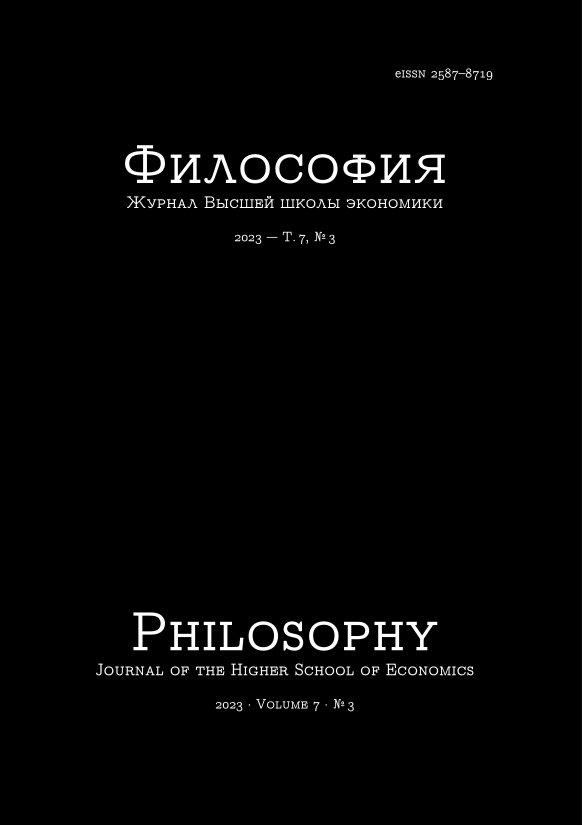The Apology of the Human Mind by Nicolas de Condorcet
An Educated Society as the Foundation of a New Political Order
Abstract
The article analyzes revolutionary educational ideas of French thinker of XVIII century Nicolas de Condorcet as a fundamental basis of political and social transformations of modern France and at the same time as an exceptional example of popular sovereignty formation through the construction of a unique scientific and educational paradigm aimed at educating and raising citizens capable of autonomous judgment and socially responsible action. At the heart of the doctrine, he proposed — not speculative knowledge, but concepts concretized in the system of new educational institutions, the embodiment of which contributed through this system to the transformation of the French mentality and understanding of the role of philosophical knowledge as a socially significant tool capable of providing this society a sustainable basis for progress. And the fact that Condorcet's ideas were embodied not only in his native France but also far beyond its borders 100–150 years later is evidence of their fruitfulness and the importance of returning to their origins during another civilizational crisis, which both Russia and the conventional “collective West” are experiencing today. This crisis manifests itself first and foremost in worldview dilemmas and counter-verses, in the clash of cognitive paradigms, which requires an awareness of the need for new educational models to educate a new type of person as a responsible citizen. For Condorcet, civil society and freedom are inconceivable without the enlightenment of citizens and the natural inequalities that arise from differences in abilities, talents, and personal merit.
Downloads
Copyright (c) 2023 Philosophy Journal of the Higher School of Economics

This work is licensed under a Creative Commons Attribution-NonCommercial 4.0 International License.






